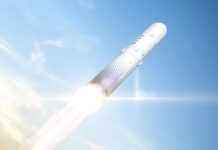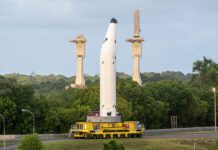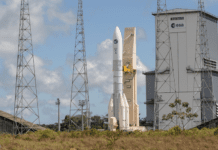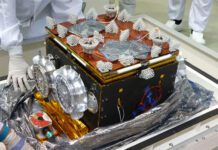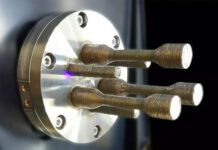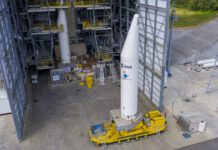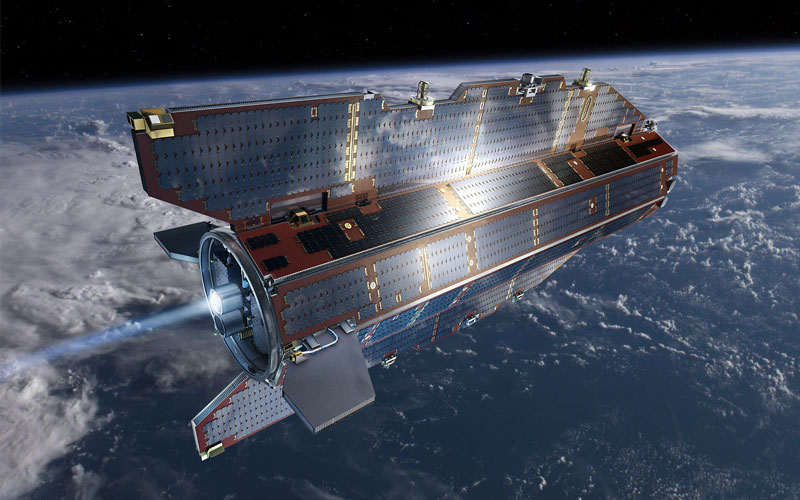
French space agency CNES announced 16 January that it had kicked off Phase A of its CARIOQA initiative, which aims to develop an atomic accelerometer.
An accelerometer is simply a tool that measures the acceleration of a body or object. When flown aboard a spacecraft, these sensors can help us measure Earth’s gravity field. These measurements can then be utilized for all kinds of climate research. GRACE-FO, a joint mission launched in 2018 by NASA and the German Research Center for Geosciences, for instance, uses these measurements to “weigh” Earth’s ice. To do this, it measures the gravitational pull of the ice on a pair of satellites.
The Cold Atom Rubidium Interferometer in Orbit for Quantum Accelerometry (CARIOQA) initiative aims to develop the first atomic accelerometer for space, which will offer even more precise measurements of Earth’s gravitational forces.
CARIOQA is being developed by a consortium led by CNES. The consortium is made up of 15 participants from 5 European countries, including the German space agency DLR, Airbus Defence and Space (both its German and French subsidiaries), EXAIL Technologies, and Leonardo. The project has received just under €17 million in funding from the European Commission, with Airbus Defence and Space receiving the largest share of that funding with a combined €6.4 million.
The initiative hopes to launch the first satellite carrying an atomic accelerometer by 2030. The project has, however, only progressed into Phase A development. This initial phase of the project’s development involves feasibility studies and will conclude with a preliminary design for the mission.

